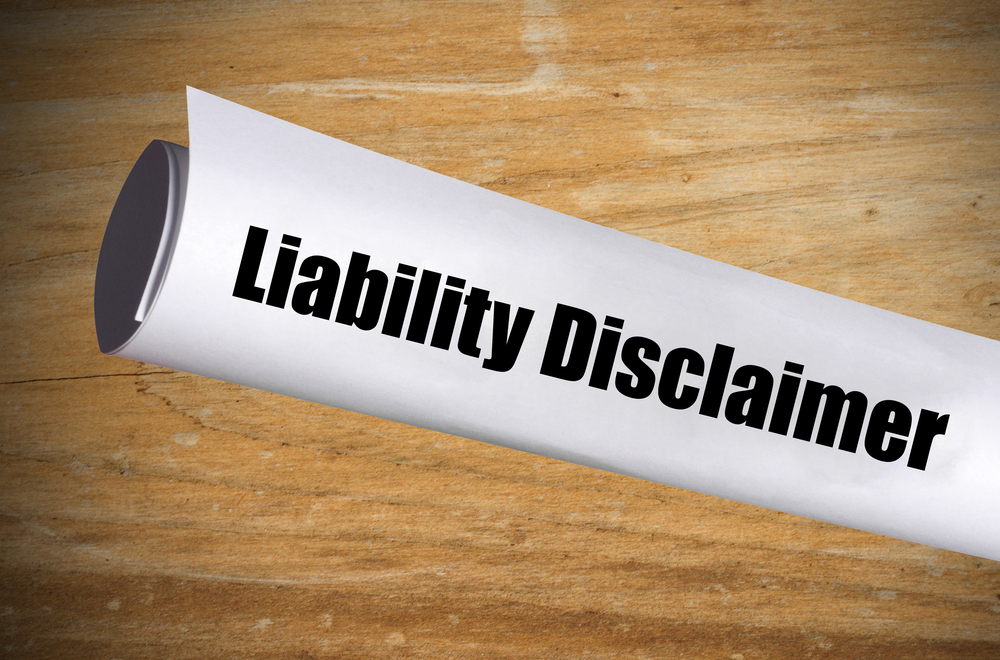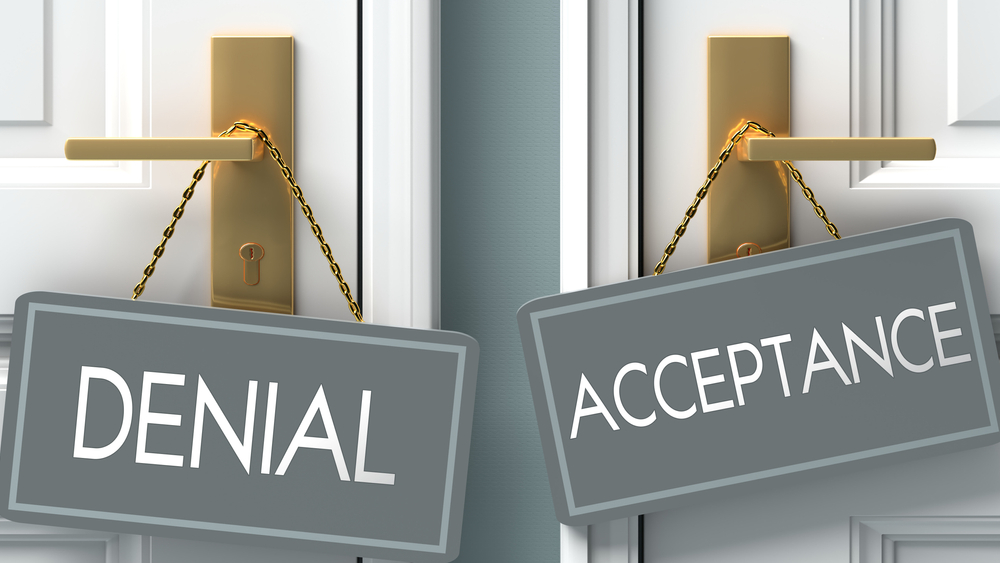Post-Judgment Receiver Appointed to Collect on Behalf of Judgment Creditor
When a plaintiff recovers a monetary judgment against a defendant, the plaintiff becomes a judgment creditor. In order to collect on the judgment, it’s not uncommon for the judgment creditor to initiate proceedings supplementay, which is a statutory procedure. See Fla. Stat. s. 56.29. “Proceedings supplementary provide a judgment creditor with useful remedies to satisfy a judgment.” Williams v. Leali, 47 Fla. L. Weekly D949a (Fla. DCA 2022). One collection mechanism, as discussed in Williams, is for the judgment creditor to get a post-judgment receiver appointed with the duty to obtain funds to satisfy the judgment. See Fla. Stat. s. 56.10. ...
Continue reading













